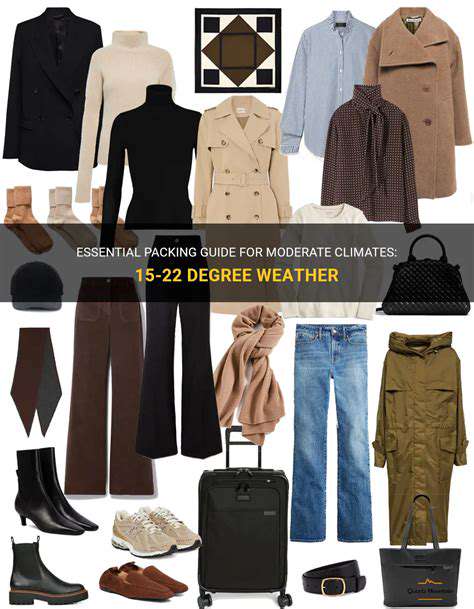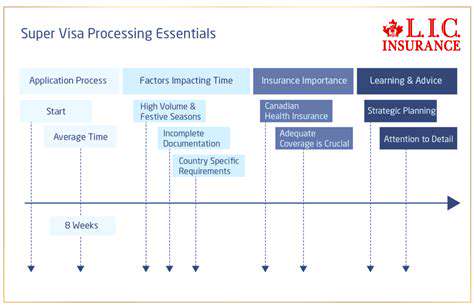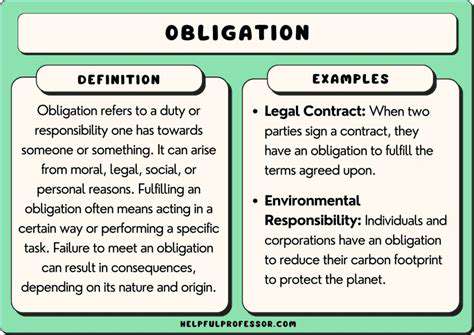Planning a Solo Backpacking Trip Through Europe Safely

Embracing the Solo Experience
Planning Your Route:
A crucial aspect of any solo backpacking trip is meticulous route planning. Consider your interests – historical sites, vibrant city life, stunning natural landscapes, or a blend of all three? Research potential destinations beforehand, focusing on areas that align with your interests and budget. Mapping out your route, including transportation options (trains, buses, or even walking), will help you visualize the journey and manage your time effectively. Don't be afraid to adjust your plans as you go, embracing the spontaneity that often makes solo travel so rewarding.
Thorough research is key. Explore different regions, noting local customs and potential challenges. Look into visa requirements, if any, and ensure you have the correct travel documents. Consider creating a digital itinerary, allowing you to easily update it as needed.
Budgeting for Your Adventure:
Solo backpacking in Europe can be surprisingly affordable, but careful budgeting is essential. Estimate costs for accommodation, food, transportation, activities, and any necessary gear. Look into hostels, guesthouses, or budget hotels for affordable lodging. Prepare some meals yourself to save money. Consider using public transportation to minimize costs. Establishing a realistic budget will prevent unexpected financial stress and allow you to make the most of your trip.
Utilize budgeting apps or spreadsheets to track your expenses. This will help you stay on track, identify areas where you can save, and potentially adjust your plans accordingly. Factor in potential unexpected costs, like medical emergencies or lost items, and set aside a contingency fund.
Essential Gear for Your Journey:
Packing light is crucial for solo backpacking. Choose versatile items that can serve multiple purposes. Invest in a comfortable backpack that can handle your daily essentials. Pack appropriate clothing for various weather conditions. Include essential toiletries, medications, and any personal items. Consider a lightweight, waterproof jacket, a sturdy pair of walking shoes, and a reusable water bottle.
Don't forget important documents like your passport, visa (if required), and travel insurance information. A reliable first-aid kit, including any necessary personal medications, is vital. A small, portable charger for your electronic devices will be crucial for staying connected and documenting your adventures.
Safety Precautions for Solo Travelers:
Safety is paramount when traveling solo. Inform someone of your itinerary and estimated return date. Share your location with trusted contacts regularly. Be mindful of your surroundings and take necessary precautions to avoid potential risks. Learn basic phrases in the local language, as it can be helpful in both navigating and communicating.
Choose well-lit and populated areas for your accommodation. Be aware of your belongings and avoid displaying expensive items. Trust your instincts and avoid situations that make you feel uncomfortable. Report any suspicious activity to the appropriate authorities. Always be aware of your personal safety and take proactive measures to ensure a secure experience.
Embracing the Unexpected:
Solo travel often means embracing the unexpected. Be prepared for delays, detours, or even unexpected changes in your plans. Flexibility is key to a successful experience. Be open to meeting new people and exploring new places. Allow yourself to deviate from your original itinerary and discover hidden gems along the way. Being open to new experiences is a crucial aspect of solo backpacking.
Making the Most of Your Time:
Plan some downtime in your itinerary to relax and recharge. Consider joining group activities or tours to meet other travelers. Engage with locals and learn about their culture. Be open to spontaneous adventures and try new foods. Engage in activities that you enjoy, whether it's museums, parks, or local markets. Make the most of your time by actively engaging with your surroundings and the people you encounter.
Staying Connected and Updated:
Staying connected is essential for solo travelers, allowing you to stay in touch with loved ones and access important information. Purchase a local SIM card for mobile internet access. Utilize Wi-Fi hotspots for emails and social media updates. Share your location with trusted contacts via messaging apps. Check for any travel advisories or updates before and during your trip.
Staying updated on local news, weather conditions, and any potential travel advisories is crucial. Utilize apps and websites that can provide real-time information on your destination. Communicating your current location and plans to loved ones provides peace of mind.



![Guide to Visa Requirements for [Less Common Country, e.g., Colombia] [2025]](/static/images/27/2025-06/EntryRequirementsandRestrictions.jpg)






![Luxury Family Vacation Ideas [Worldwide Destinations]](/static/images/27/2025-07/LuxuryCaribbeanCruisesforSun-KissedRelaxation.jpg)